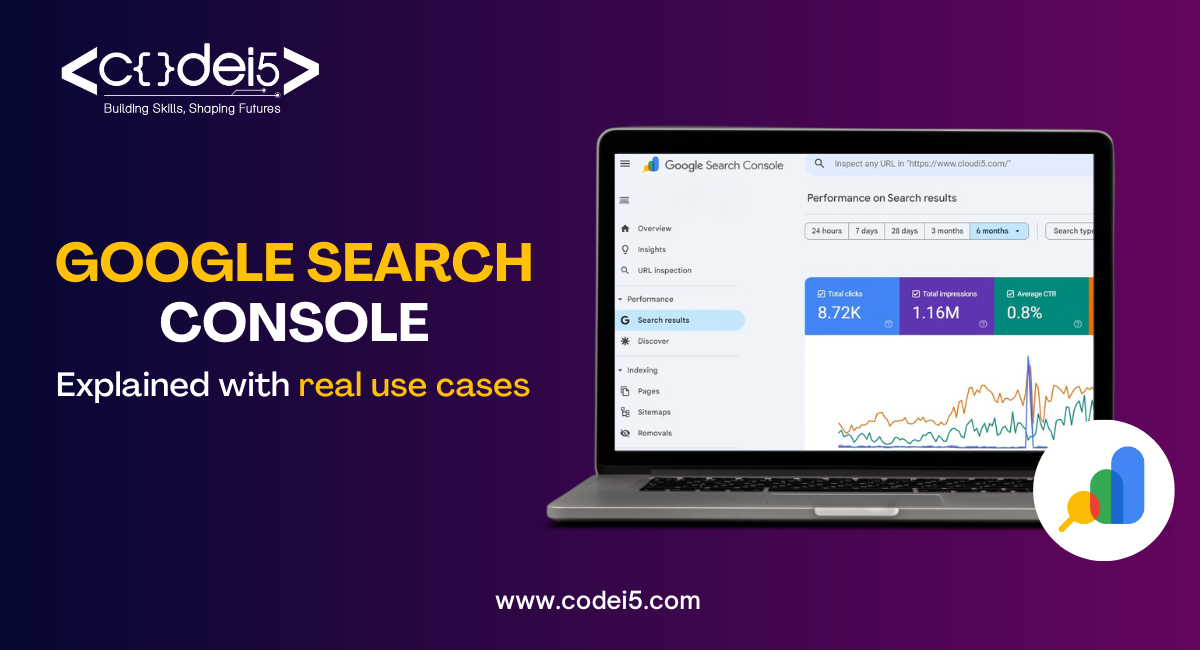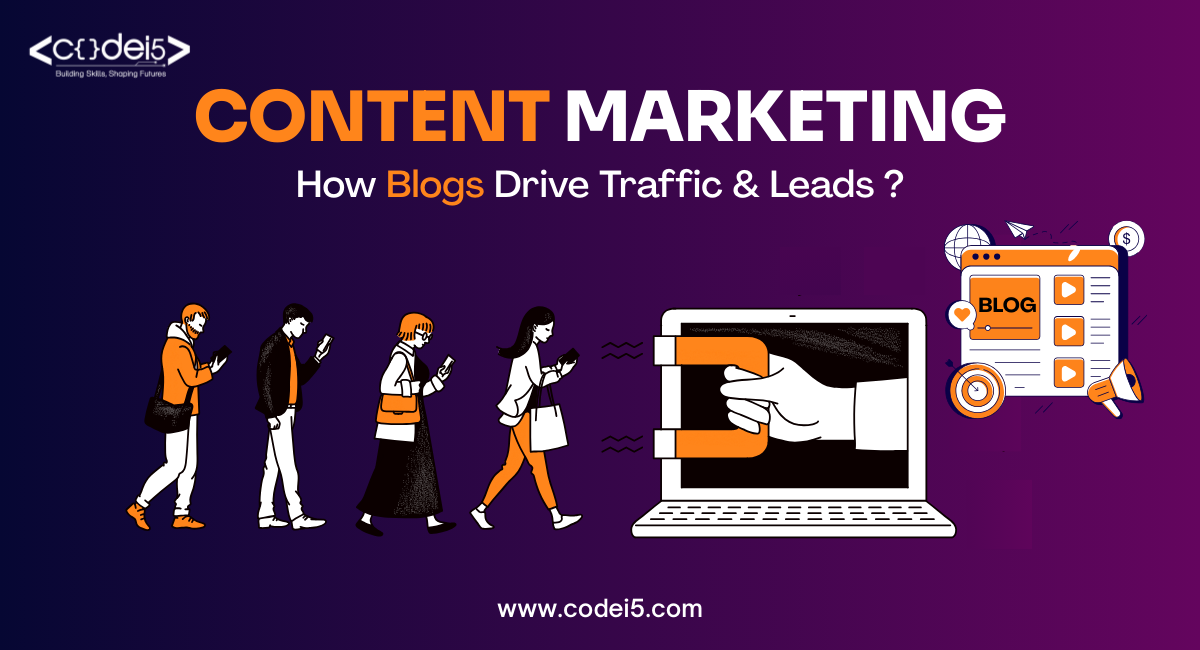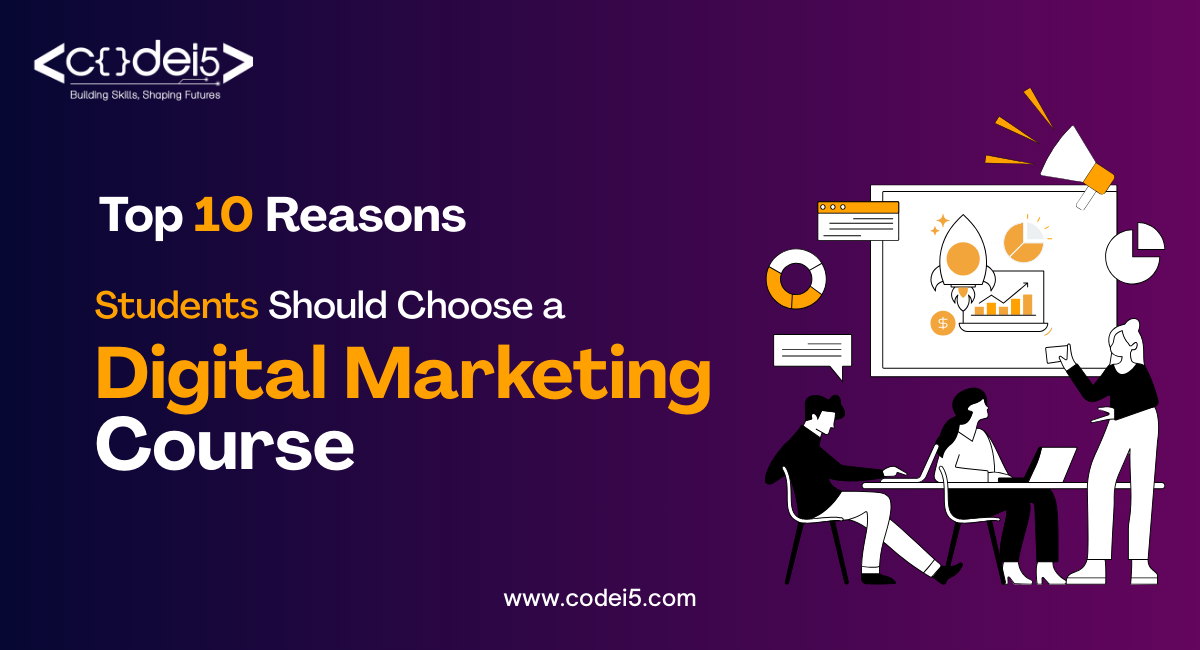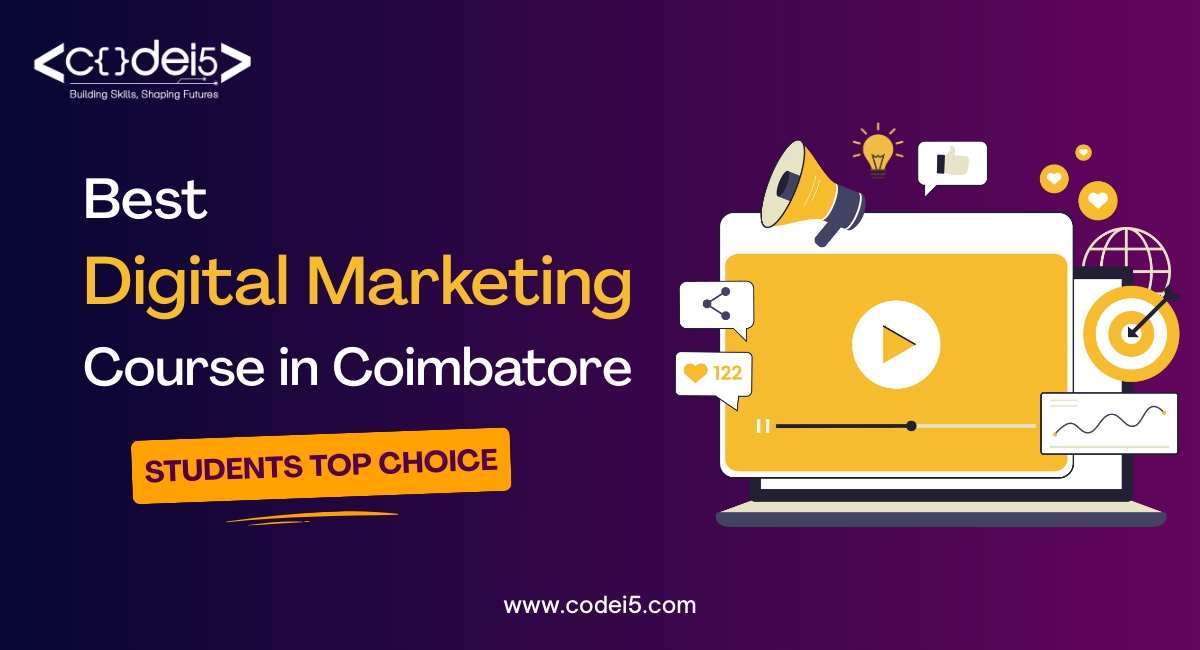
You’ve worked hard and prepared well for your SEO interview, covering about 95% of what you might be asked. You know your stuff and are ready to impress. But what if the interviewer asks something unexpected that you weren’t prepared for?
Don’t worry! We’ve all been there. To help you handle those surprise questions with confidence, we’ve put together a list of crucial SEO Interview Questions you might face. Think of this as your backup plan for that final 5% of preparation.
By going through these questions and answers, you’ll be ready for anything the interview throws at you. This guide will help you turn any tricky questions into an opportunity to shine and make sure you land that dream SEO job without breaking a sweat.
Let’s jump in and ace that interview!
Technical SEO Questions
On-page SEO:
1. What are the key on-page SEO factors?
Title tags, meta descriptions, header tags (H1, H2, etc.), keyword density, image optimization, internal linking, and URL structure are some of the key on-page SEO factors.
2. How do you optimize title tags and meta descriptions?
Title tags should be concise, relevant, and include the target keyword. Meta descriptions should provide a brief summary of the page’s content and include the target keyword.
3. Explain the importance of header tags (H1, H2, etc.).
Header tags help search engines understand the structure and hierarchy of a webpage. They also improve readability for users.
4. What is keyword density, and how do you use it effectively?
Keyword density is the number of times a keyword appears on a webpage relative to the total number of words. It’s important to use keywords naturally and avoid keyword stuffing.
5. How do you optimize images for SEO?
Use descriptive file names, add alt text, and compress images to improve loading time.
Off-page SEO:
1. What is link building, and why is it important?
Link building is the process of acquiring high-quality backlinks to your website. It’s important for improving your website’s authority and search engine rankings.
2. Explain the difference between white-hat and black-hat link building techniques.
White-hat link building involves ethical and sustainable methods, such as creating high-quality content and building relationships with other websites. Black-hat link building involves deceptive practices, such as buying links or participating in link farms.
3. What is a backlink profile, and how do you analyze it?
A backlink profile is the collection of all backlinks pointing to a website. You can analyze it using tools like Ahrefs or Moz to assess the quality and quantity of backlinks.
4. How do you conduct a link audit?
A link audit involves identifying and evaluating the quality of your website’s backlinks. This can help you identify any harmful or low-quality backlinks that need to be disavowed.
5. What is local SEO, and how does it differ from traditional SEO?
Local SEO focuses on optimizing a website for local search queries. It involves creating a Google My Business profile, optimizing for local keywords, and building local citations.
Technical SEO:
1. What is XML sitemap, and how do you create one?
An XML sitemap is a file that provides information about the pages on your website to search engines. You can create one using tools like Google Search Console or Yoast SEO.
2. Explain the role of robots.txt in SEO.
Robots.txt is a file that instructs search engine crawlers which pages on your website they can index and which they cannot.
3. What is a canonical tag, and when should you use it?
A canonical tag specifies the preferred version of a webpage. It’s used to prevent duplicate content issues.
4. How do you optimize for mobile devices?
Ensure your website is responsive, has fast page load times, and is easy to navigate on mobile devices.
5. What is page speed, and why is it important for SEO?
Page speed is the time it takes for a webpage to load. It’s important for SEO because users prefer fast-loading websites, and search engines may rank faster-loading pages higher.
SEO Strategy and Analysis Questions
SEO strategy:
1. How do you conduct a keyword research?
Keyword research involves identifying relevant keywords that potential customers may use to search for your products or services. You can use tools like Google Keyword Planner or SEMrush to conduct keyword research.
2. What is a keyword mapping, and how do you create one?
Keyword mapping is the process of assigning relevant keywords to specific pages on your website. This helps search engines understand the content of each page and improve your rankings.
3. Explain the importance of competitor analysis in SEO.
Competitor analysis helps you understand your competitors’ SEO strategies and identify opportunities to improve your own.
4. How do you develop an SEO strategy for a new website?
An SEO strategy for a new website should include keyword research, on-page optimization, link building, content marketing, and technical SEO.
5. What is content marketing, and how does it relate to SEO?
Content marketing is the creation and distribution of valuable content to attract and engage your target audience. It can help improve your website’s visibility in search engines and drive organic traffic.
SEO analysis
1. What are the key metrics to track in SEO?
Key SEO metrics include organic traffic, search engine rankings, backlinks, click-through rate (CTR), and time on site.
2. How do you use Google Analytics to track website performance?
Google Analytics is a powerful tool for tracking website traffic, user behavior, and conversion rates.
3. Explain the concept of SEO audits.
An SEO audit is a comprehensive evaluation of your website’s SEO performance. It can help you identify areas for improvement and optimize your website for better search engine rankings.
4. How do you analyze search engine rankings?
You can use tools like Google Search Console to track your website’s search engine rankings for specific keywords.
5. What are the common SEO challenges, and how do you overcome them?
Common SEO challenges include thin content, duplicate content, slow page load times, and poor mobile optimization. You can overcome these challenges by creating high-quality content, addressing technical issues, and optimizing your website for mobile devices.
Behavioral SEO Questions
SEO experience:
1. Describe your experience in SEO and your biggest achievements.
Share specific examples of your SEO projects and the results you achieved.
2. How do you stay updated with the latest SEO trends and best practices?
Discuss the resources you use to stay informed about SEO changes and industry updates.
3. What are the challenges you have faced in SEO, and how did you overcome them?
Share examples of challenges you’ve encountered and the strategies you used to address them.
4. How do you measure the success of your SEO campaigns?
Explain the key metrics you use to track the success of your SEO efforts.
5. Can you share a case study of a successful SEO project you have worked on?
Provide a detailed example of a project where you successfully implemented SEO strategies and achieved positive results.
Additional Tips:
- Practice answering SEO questions in a clear and concise manner.
- Be prepared to discuss specific examples of your SEO work.
- Demonstrate your knowledge of SEO tools and techniques.
- Show your enthusiasm for SEO and your commitment to staying updated.
Conclusion
By getting ready for these important questions and knowing the basics of SEO—like technical details, strategies, and how to talk about your experience—you’ll be ready for your SEO interview. Practice your answers, show that you know your stuff, and let your enthusiasm for SEO shine through. With good preparation, you’ll be ready to impress and land the SEO job you want.
If you want to ace your SEO interview with confidence and learn more about SEO, consider enrolling in Codei5 Academy’s SEO course!







